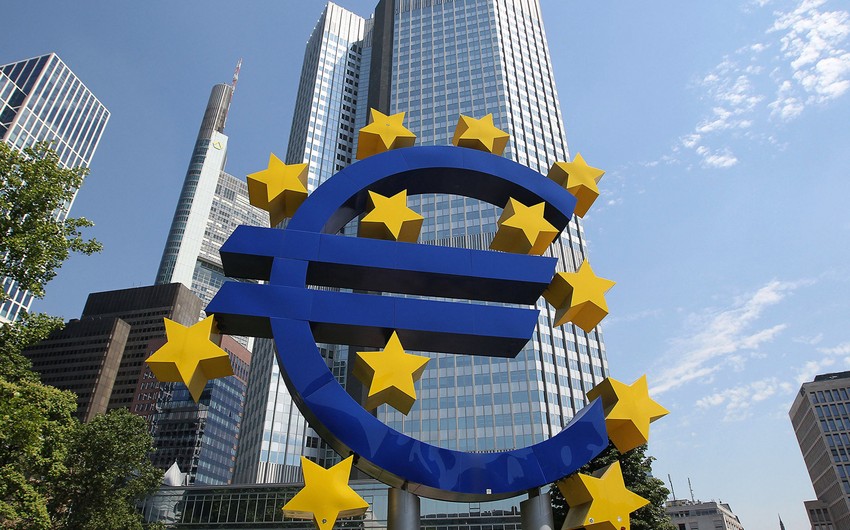The head of the Bank of Finland, a member of the Board of Governors of the European Central Bank (ECB), Olli Rehn, believes that Europe is unlikely to face stagflation like the one that was observed in the 1970s even against the backdrop of soaring energy prices,
Report informs citing TASS that he expressed this opinion in an interview published on Monday with the German newspaper Die Welt.
"We are already in a challenging situation," Rehn said. At the same time, he added that the long-term consequences of the crisis caused by the pandemic and current events in Ukraine harm the European economy. According to the economist, energy prices are already high, and prices of other raw materials will also rise.
"The economic environment is already very complex, and we have to make decisions in this very complex environment. We have a choice between plague and cholera," Wren concluded. However, he stressed that it is necessary to prevent the strengthening of inflationary expectations. "That's why we must send the appropriate signal. It is necessary to raise the key interest rate in the third quarter, probably in July," he concluded, assuring that the ECB will continue to normalize monetary policy, provided that events in Ukraine do not send the European economy back.
On April 14, the European Central Bank kept the base interest rate on loans at zero. The deposit rate also remained at the same level - minus 0.5%, and the rate on short-term ECB loans remained at 0.25%. The ECB then emphasized that the conflict between Russia and Ukraine affects the economy in Europe and beyond. In particular, disruptions in trade lead to shortages of materials, and rising energy and commodity prices reduce demand and curb production, they noted. Inflationary pressures have increased in many sectors, the ECB said.


 https://static.report.az/photo/78582419-b121-3fdc-bab5-f828ea60bc6e.jpg
https://static.report.az/photo/78582419-b121-3fdc-bab5-f828ea60bc6e.jpg

